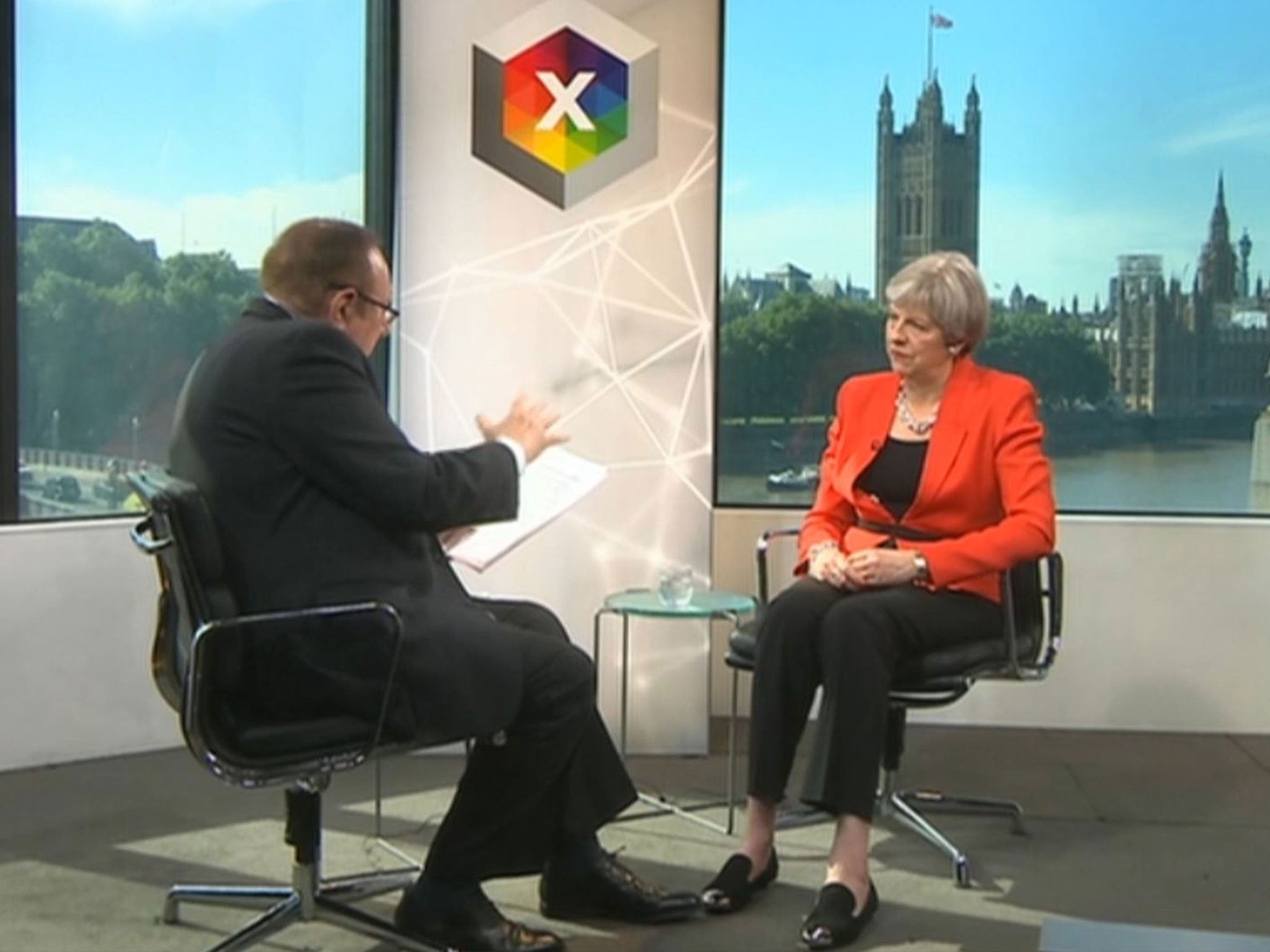The truth about the Conservative manifesto? No new funding for schools and hospitals and more austerity
Those big numbers of £8bn for the NHS and £4bn for schools were phoney, designed to mislead

Now we know one very good reason why the Conservatives didn’t include any costings in their manifesto. And it wasn’t because they were trying to conceal the tax or borrowing implications of a spending splurge on the public services. It was because there weren’t any real spending promises to speak of in the document.
To read the Conservative manifesto one would assume that there was a reasonably generous additional £12bn of public funding heading towards our overstretched “schools n’ hospitals” after 2017. “We will increase the overall schools budget by £4bn by 2022, representing more than a real terms increase for every year of the parliament”, it declared in the education section (p51).
“We will increase NHS spending by a minimum of £8bn in real terms over the next five years,” it pledged on health (p66). These numbers got the headlines the Conservatives wanted, even if experts warned the sums would not be enough to meet rising demand.
Andrew Neil of the BBC even grilled Theresa May on how she would pay for this increase in spending – failing to get an answer – leaving the impression that, even if she was vague on the details, the Prime Minister certainly intended to step up the provision of resources to health and education.
But now we know: she couldn’t give an answer because there was actually no extra spending that needed to be paid for. The Institute for Fiscal Studies has calculated that the £8bn of NHS spending is merely a continuation of the path for health spending set out in the 2015 Spending Review and implicitly assumed to be extended in the 2017 March Budget. The IFS thinks the same thing is happening in schools spending, although with the added mischief that the £4bn figure is in cash terms, so unadjusted for expected inflation.
This means that the Conservatives are not, in fact, saying they will give any additional resources to either hospitals or schools than is assumed in the existing baseline. So it’s business as usual. And those big numbers – £8bn and £4bn – were phoney, designed to mislead. The honest answer from Ms May to Mr Neil’s question about how she would fund these particular manifesto spending commitments would have been: “What commitments?”
So much for the spin. But what do the Conservative plans mean for those public services? The IFS calculates that, under the Conservatives, real term public spending on schools per pupil will carry on falling over the next five years, which would appear to conflict with the manifesto pledge to deliver a “world-class education” for Britain’s children.
On the NHS, spending will only just keep pace with age-adjusted population growth. The squeeze on the service will continue. Indeed, this would be true even under Labour’s manifesto plans to increase the rate of health spending to 2.3 per cent a year. Historically, real health spending has risen by 4 per cent annually.
Now one can take the view that the NHS is a dangerous public spending black hole, a ravenous beast whose appetite will never actually be satisfied, and that the best course of action is to essentially stop feeding it and demand massive annual productivity improvements instead.
Or one can take the view that, even with major efficiencies, spending on health will inevitably have to rise as a share of GDP to deliver the range and quality of services that the public demand (and taxes too of course).
Both of these are clear and honest positions. What isn’t honest, needless to say, is for political parties to give the impression they are feeding the beast while, in fact, starving it.
Join our commenting forum
Join thought-provoking conversations, follow other Independent readers and see their replies
Comments
Bookmark popover
Removed from bookmarks